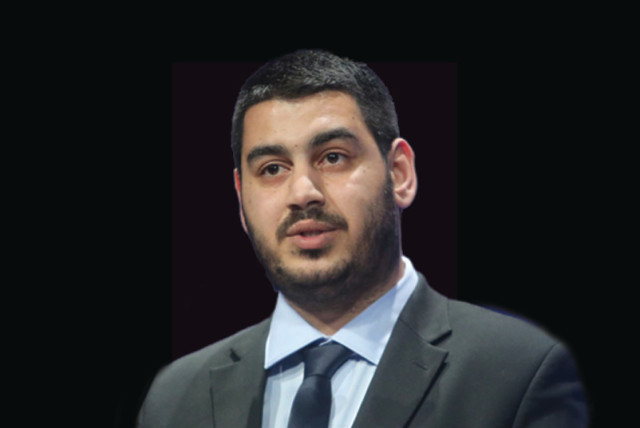Bio :
Jonathan Elkhoury’s life journey has been a complex interplay of identity, displacement, and, more recently, controversy. Born into the intricacies of the Lebanese Civil War, Elkhoury’s family found refuge in Israel due to his father’s association with the South Lebanon Army (SLA), supported by the Israel Defense Forces. Today, Elkhoury identifies as a gay Christian living in Israel, adding another layer to his already intricate narrative.
Islamophobic Remarks :
In a video that garnered attention, Elkhoury expressed unwavering support for Israel, framing the longstanding conflict in stark terms. He referred to Palestinians as “Isis” without acknowledging the complexities and varied perspectives within Palestinian communities. The video’s one-sided portrayal raised eyebrows, as it failed to address the historical and humanitarian aspects of the Israel-Palestine conflict.
Another controversial tweet featured a video showcasing the Iron Dome intercepting Palestinian rockets. Elkhoury’s commentary oversimplified the situation by claiming that Hamas creates rockets to kill Israelis, while Israel develops defensive mechanisms to protect its citizens. This narrative, devoid of the broader context, sidesteps the disproportionate impact of the conflict on Palestinian civilians.
In a tweet capturing a moment from a pro-Palestinian protest, Elkhoury seemed to misconstrue the intentions of the demonstrators. The video showed a child passionately shouting, “Long live the revolution,” challenging Elkhoury’s understanding of the calls for a ceasefire. Simplifying the nuanced motivations behind such protests overlooks the multifaceted reasons driving individuals to seek change in the region.
Elkhoury’s perspectives, while reflective of his personal experiences, have sparked controversy for their one-sided nature and tendency to overlook the broader narrative of the Israel-Palestine conflict. Critics argue that such oversimplifications contribute to a polarized discourse, hindering meaningful conversations about peace, justice, and coexistence in the region. Understanding the complexities of the Middle East requires acknowledging the diverse narratives and experiences of all those involved.

